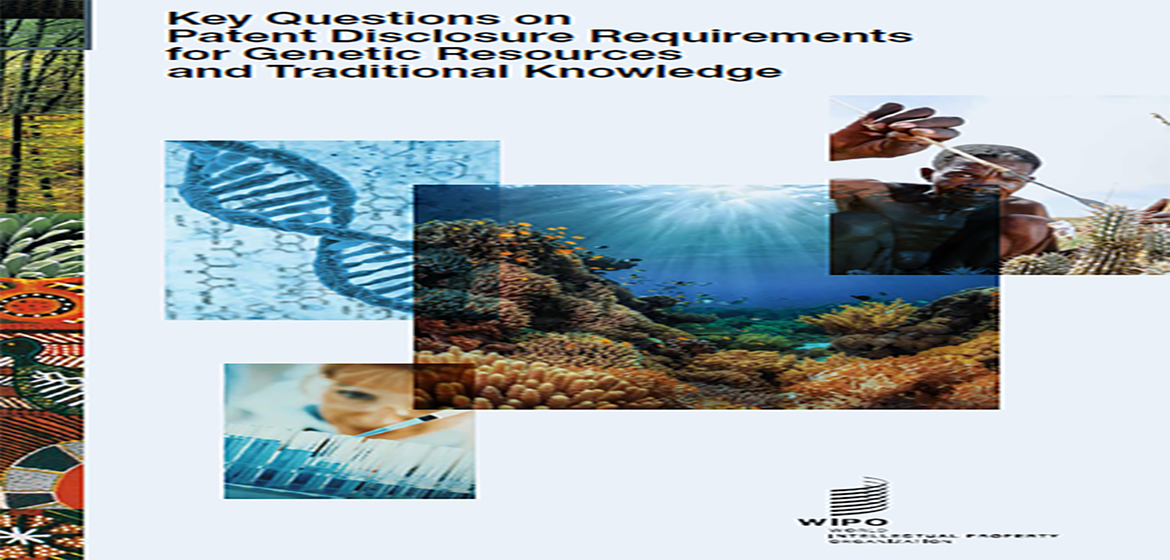Modern scientific research and the exploitation of genetic resources and traditional knowledge may offer great benefits to humankind. How can the patent system help scientists, commercial enterprises and civil society at large to realize those benefits while safeguarding the rights and interests of biodiversity-rich countries, indigenous peoples and local communities?
It has been argued that new patent disclosure requirements related to genetic resources and traditional knowledge are part of the answer, and several countries have already implemented them. But different countries have varying approaches and priorities to this question. Policymakers in each country need to find the right approach for them. If a country decides to introduce new patent disclosure requirements, a key challenge is to establish a coherent legal and policy framework for them, to ensure their balanced and synergetic implementation in the context of national innovation systems. Asking the right questions at the outset should help in this challenging task. This study from the World Intellectual Property Organization (WIPO) is intended to fill a gap in the existing literature and so inform policy dialogue, implementation and training in this area.
Source:
Download publication here >
Related to SDG 9: Industry, innovation and infrastructure



